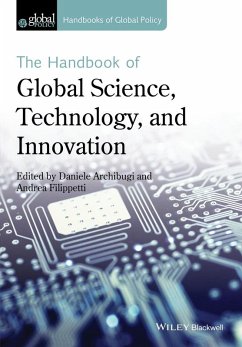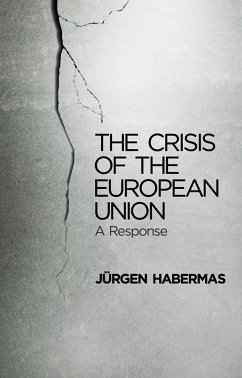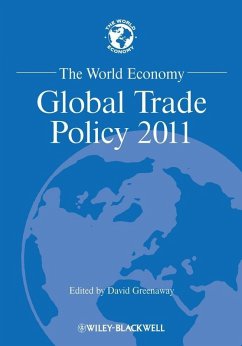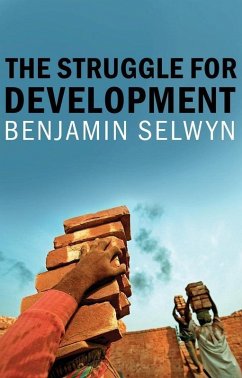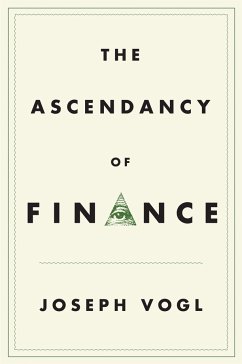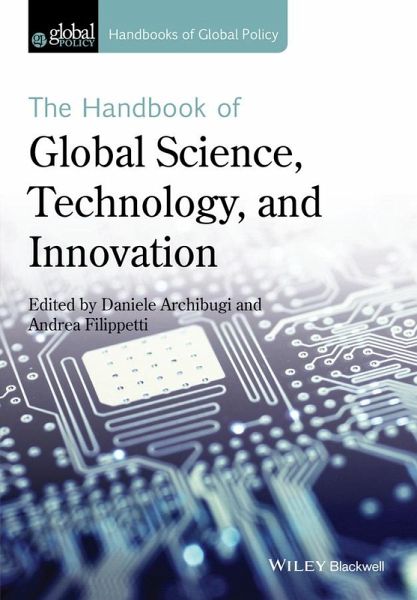
The Handbook of Global Science, Technology, and Innovation (eBook, PDF)
Versandkostenfrei!
Sofort per Download lieferbar
139,99 €
inkl. MwSt.
Weitere Ausgaben:

PAYBACK Punkte
0 °P sammeln!
The Handbook of Global Science, Technology, and InnovationThis unique Handbook provides an overview of the globalization of science, technology, and innovation, including global trends in the way knowledge is produced and distributed, the development of institutions, and global policy. It shows how technological change and innovation are shaped by the role of emerging countries in the generation of science and technological knowledge, and transnational corporations, and how reforms in intellectual property rights and world trade have been affected by the increasingly international flows of kno...
The Handbook of Global Science, Technology, and Innovation
This unique Handbook provides an overview of the globalization of science, technology, and innovation, including global trends in the way knowledge is produced and distributed, the development of institutions, and global policy. It shows how technological change and innovation are shaped by the role of emerging countries in the generation of science and technological knowledge, and transnational corporations, and how reforms in intellectual property rights and world trade have been affected by the increasingly international flows of knowledge, technology, and innovation.
The book provides an in-depth assessment of the themes and direction of science, technology, innovation, and public policy in an increasingly globalized world. With contributions from an international team of leading scholars, this cutting-edge reference work introduces readers to current debates about the role of science and technology in global society and the policy responses that shape its development.
Comprising 28 specially commissioned chapters, the Handbook addresses major trends in global policy, including a significant shift toward private scientific research, the change in the distribution of science and technical knowledge, and a heightened awareness among policymakers of the economic and technological impact of scientific activity. Accessibly written, it provides an invaluable one-stop reference for students, social researchers, scientists, and policymakers alike.
This unique Handbook provides an overview of the globalization of science, technology, and innovation, including global trends in the way knowledge is produced and distributed, the development of institutions, and global policy. It shows how technological change and innovation are shaped by the role of emerging countries in the generation of science and technological knowledge, and transnational corporations, and how reforms in intellectual property rights and world trade have been affected by the increasingly international flows of knowledge, technology, and innovation.
The book provides an in-depth assessment of the themes and direction of science, technology, innovation, and public policy in an increasingly globalized world. With contributions from an international team of leading scholars, this cutting-edge reference work introduces readers to current debates about the role of science and technology in global society and the policy responses that shape its development.
Comprising 28 specially commissioned chapters, the Handbook addresses major trends in global policy, including a significant shift toward private scientific research, the change in the distribution of science and technical knowledge, and a heightened awareness among policymakers of the economic and technological impact of scientific activity. Accessibly written, it provides an invaluable one-stop reference for students, social researchers, scientists, and policymakers alike.
Dieser Download kann aus rechtlichen Gründen nur mit Rechnungsadresse in D ausgeliefert werden.




